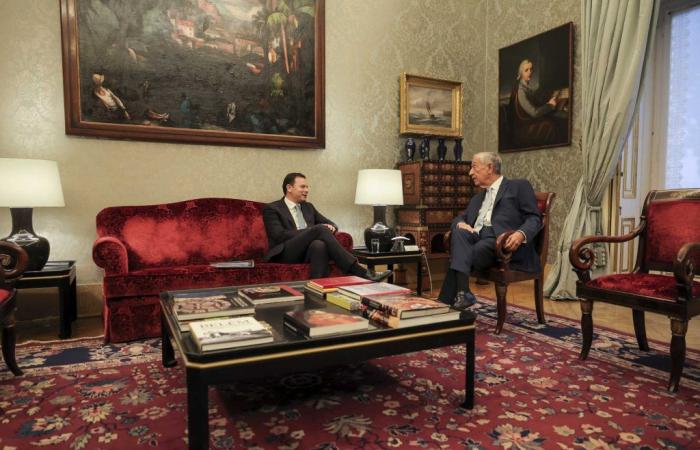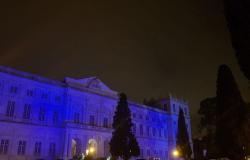The scenario is very similar to that of October 2015. Given what was being prepared by the left [a criação de geringonça] Pedro Passos Coelho only managed three “independents” among 17 ministers. The circumstances broke the pattern of recruiting “experts” without political or party experience. At the time, the PSD leader did not take any chances with the invitations [o Governo só durou um mês] preferring to resort to the household silver.
The same thing, despite the different circumstances, has now been done by Luís Montenegro. And the number is even lower: two “independents” [Dalila Rodrigues e Maria do Rosário Palma Ramalho] among 17 ministers.
In Sócrates’ governments, for example, the so-called independents represented more than half of those chosen as ministers – 52.4% in the first Government; 56.3% in the second Executive. In António Costa’s governments the bar was lowered – 53% in 2019; 40% in 2022. Now, the percentage has dropped to 11.7%.
The recruitment of ministers outside the parties, since the 1970s, has made Portugal an exception in Europe – as revealed, for example, by studies by António Costa Pinto, ICS researcher – where the norm is different: “They only reach this position who has already been a deputy, party leader or member of local or regional administration”. The ability to attract “independents” was already questioned on Monday by a social democratic leader who, to DN, admitted “difficulties in having people outside the party who are available”. “A minority government in this current political framework, with Chega like this and the PS with the surplus narrative, with the fireworks propaganda, which is not what it seems, must cause enormous uncertainties.”
The question was answered this Thursday. Of the 17 ministers, seven are from the group “closest” to Luís Montenegro [Paulo Rangel, Miranda Sarmento, Leitão Amaro, Pedro Duarte, Pedro Reis, Miguel Pinto Luz e Margarida Balseiro Lopes]; seven are “people” from the party, one is from the CDS and only two arrive at the Government without political or party experience – which does not mean an absence of political or ideological proximity. Translation? More than 60% of the PSD Permanent Committee, the core of the leadership, is in the Government. The difficulties in reaching “understandings”, as a social-democratic deputy refers to DN, “seem to be the explanation for a Government with a strongly political nature”.
And this is precisely the reading of André Ventura, who speaks of “an eminently partisan Government (…) composed essentially of figures from the top of the PSD, from its close political circle. Perhaps the political circumstances can justify it, but it shows an insufficient capacity to have reached civil society”.
Socialist Pedro Delgado Alves agrees with the Chega leader’s observations as he does not see in the Government “any expansion of his parliamentary support base or an opening that allows us to glimpse how Luís Montenegro will intend to govern. In short, he says, it is a group of personalities from the Democratic Alliance (AD), the PSD and the CDS (…), protagonists, decision-makers, authors, executors of the essential ideas and main pillars of the AD program ”. And if so? “Most likely, you see, this will be the Government’s program (…) that seems wrong to us and represents a setback.”
This reasoning – the perception that “things like this may not go well”, as another PSD deputy tells DN – also fits with BE’s criticisms, for example, which sees a Government with “smells of the past, which rescues several figures of the troika (…), which brings figures from the area of real estate interests to justice, which brings defenders of golden visas to the area of housing, which brings an academic against labor rights to the Ministry of Labor, a conservative for Culture ”, says Fabian Figueiredo.
The PCP, in the words of António Filipe, detects in Luís Montenegro’s choices a Government “very linked to the interests of economic groups” and doubts that “personalities that claim to be more linked to civil society [ Dalila Rodrigues e Maria do Rosário Palma Ramalho] give government activity a different orientation from that of the PSD and CDS”.
Tags: political government houses silver
--





